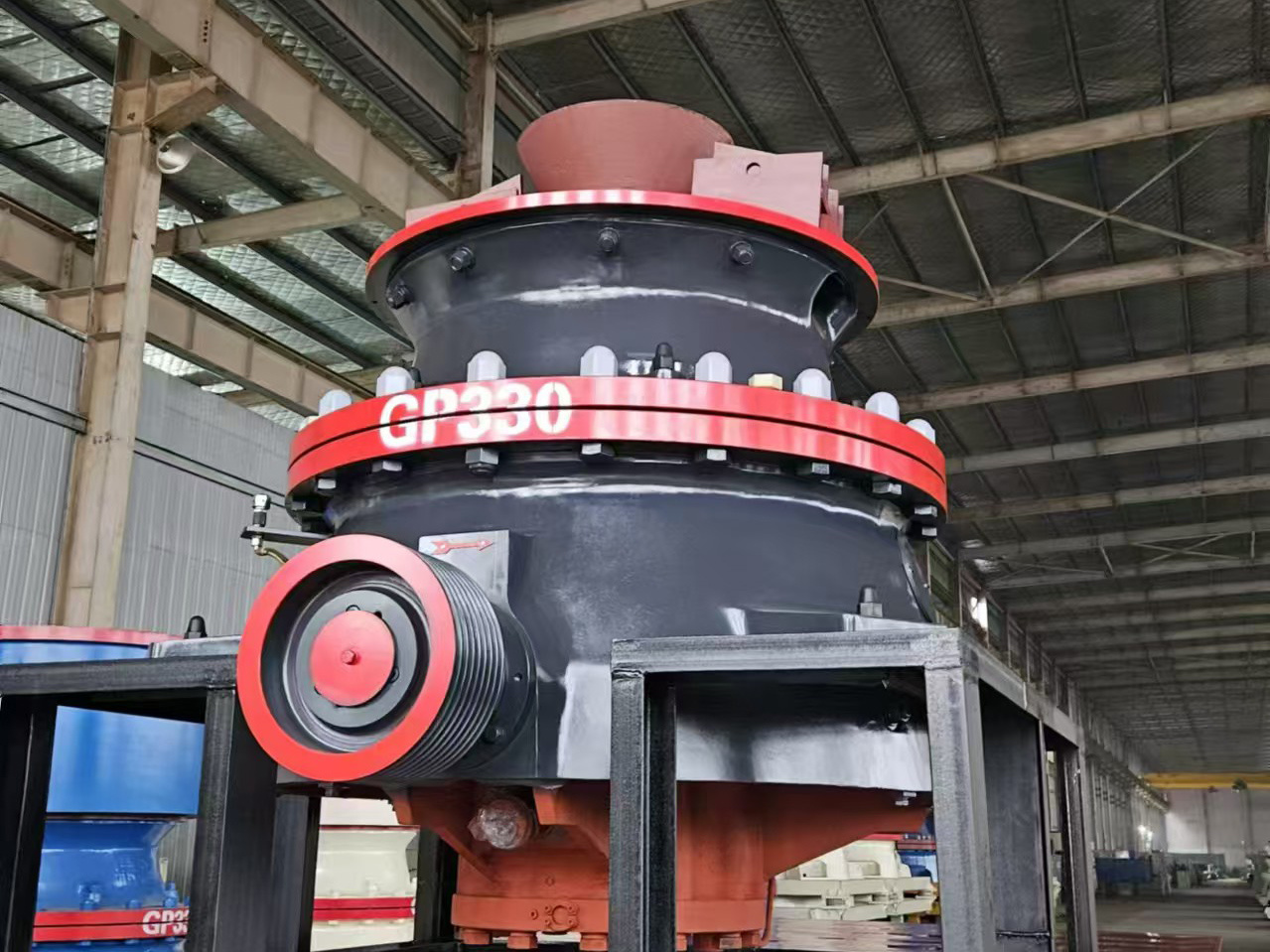Unlocking the Potential of Cone Crushers for Hard Rock Processing
Jul 31,2025

Cone crushers are vital pieces of equipment in the field of mineral processing and aggregate production, particularly when it comes to handling hard rock materials. These machines are designed to crush various types of rocks, including granite, basalt, and quartzite, which are known for their hardness and durability. Understanding how cone crushers function and their advantages can help businesses in the manufacturing and processing sectors optimize their operations.
The core mechanism of a cone crusher involves a rotating mantle that oscillates within a concave bowl. As hard rock is fed into the crusher, the mantle compresses the material against the bowl, breaking it down into smaller, more manageable pieces. This process not only helps in reducing the size of the rocks but also ensures consistency in particle size, which is critical for further processing or for creating specific aggregate grades.
One of the primary advantages of using a cone crusher for hard rock is its high crushing efficiency. Cone crushers are known for their ability to maintain a consistent product shape while reducing wear and tear on components. The design allows for a more uniform distribution of wear materials, thus extending the lifespan of the machine and reducing downtime for maintenance. This efficiency makes cone crushers an ideal choice for operations that require high throughput and reliability.
Another significant benefit is the versatility of cone crushers. They can be utilized in various stages of the crushing process, including primary, secondary, and tertiary crushing. This adaptability allows operators to tailor the crushing process to the specific needs of their material and production goals. Furthermore, advanced cone crushers often come equipped with automation features that enhance their performance, allowing for remote monitoring and control, which can significantly improve operational efficiency.
In addition to their mechanical advantages, cone crushers also contribute to environmental sustainability. By effectively reducing material size and creating a more uniform product, they help minimize the generation of waste during processing. Furthermore, the efficient use of energy and reduced operational costs make them an attractive option for companies looking to improve their eco-efficiency.
In conclusion, cone crushers are indispensable tools for processing hard rock materials in the manufacturing and processing industries. Their design, efficiency, and versatility make them suitable for a wide range of applications, ensuring that businesses can meet their production needs while maintaining high standards of quality and sustainability. Understanding the functionalities and advantages of cone crushers can empower industry professionals to make informed decisions regarding their equipment and processes, ultimately driving productivity and success in their operations.
The core mechanism of a cone crusher involves a rotating mantle that oscillates within a concave bowl. As hard rock is fed into the crusher, the mantle compresses the material against the bowl, breaking it down into smaller, more manageable pieces. This process not only helps in reducing the size of the rocks but also ensures consistency in particle size, which is critical for further processing or for creating specific aggregate grades.
One of the primary advantages of using a cone crusher for hard rock is its high crushing efficiency. Cone crushers are known for their ability to maintain a consistent product shape while reducing wear and tear on components. The design allows for a more uniform distribution of wear materials, thus extending the lifespan of the machine and reducing downtime for maintenance. This efficiency makes cone crushers an ideal choice for operations that require high throughput and reliability.
Another significant benefit is the versatility of cone crushers. They can be utilized in various stages of the crushing process, including primary, secondary, and tertiary crushing. This adaptability allows operators to tailor the crushing process to the specific needs of their material and production goals. Furthermore, advanced cone crushers often come equipped with automation features that enhance their performance, allowing for remote monitoring and control, which can significantly improve operational efficiency.
In addition to their mechanical advantages, cone crushers also contribute to environmental sustainability. By effectively reducing material size and creating a more uniform product, they help minimize the generation of waste during processing. Furthermore, the efficient use of energy and reduced operational costs make them an attractive option for companies looking to improve their eco-efficiency.
In conclusion, cone crushers are indispensable tools for processing hard rock materials in the manufacturing and processing industries. Their design, efficiency, and versatility make them suitable for a wide range of applications, ensuring that businesses can meet their production needs while maintaining high standards of quality and sustainability. Understanding the functionalities and advantages of cone crushers can empower industry professionals to make informed decisions regarding their equipment and processes, ultimately driving productivity and success in their operations.
Hot Tags:
PREVIOUS:
Contact Us
E-mail:byunfei2000@gmail.com
Wechat/WhatsApp:+86 17324886663
WhatsApp:+86 18738568071
Address:No. 12 Industrial Road, Zhaipo Town, Xinxiang, Henan Province







